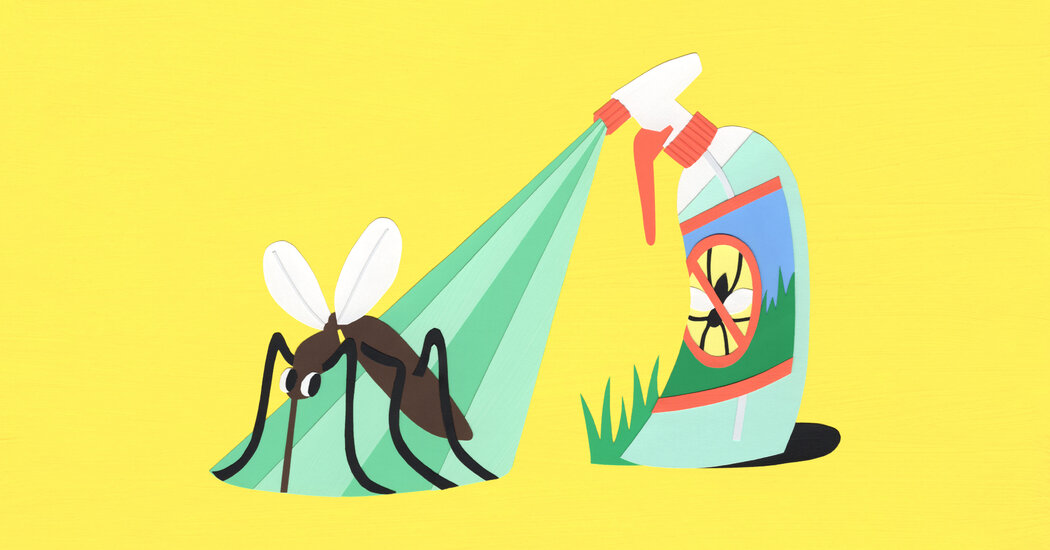Just as the weather calls us to long evenings outdoors in short sleeves and sundresses, mosquitoes show up. At best, they’re annoying. At worst, they spread disease.
And then there are those terrifying ticks, which can be active year round.
To combat these bloodsuckers, companies offer a deluge of products and services. The problem is, some can harm bees, butterflies, moths and fireflies. Insects pollinate plants, provide critical protein for all kinds of baby birds and nourish the soil. Many insects are facing alarming declines.
But no one wants to be itchy or sick. In addition to covering up or dousing yourself in bug spray, what can you do?
Killing the wrong bugs
In the world of bug control, there’s a term for accidental victims: nontarget insects.
It’s clear that treating large areas with pesticides can kill or harm bugs other than mosquitoes and ticks. What’s less clear is the degree to which that happens.
“The nontarget insects have not been studied well enough,” said Doug Tallamy, a professor of entomology and wildlife ecology at the University of Delaware and a leader in the growing effort to support ecosystems by planting native species in yards.
Dr. Tallamy and many nonprofit groups that advocate for nature, including the Xerces Society for Invertebrate Conservation and the National Wildlife Federation, recommend that individuals avoid spraying for mosquitoes and ticks. They point out that even a pesticide that is marketed as “natural” (for example, some sprays are derived from chrysanthemums) can still do damage.
Have a question for reporters covering climate and the environment?
We might answer your question in a future column. We won’t publish your submission without contacting you, and may use your contact information to follow up with you.
